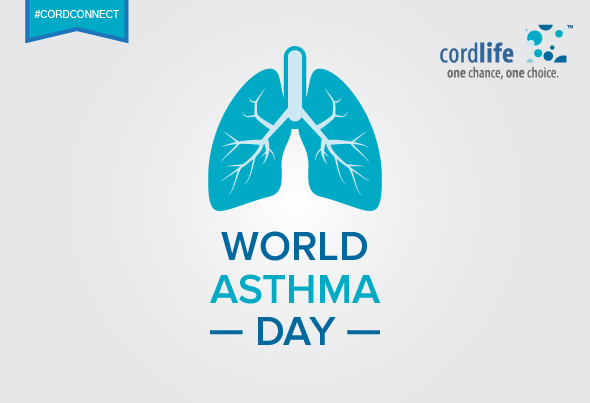Table of Contents
Your existing asthma needs to be controlled properly in order to prevent other health complications to yourself and your unborn baby.
Being pregnant brings with it a lot of other issues – you need to be extremely careful about your diet, your exercise and sleep schedule, your medication and most importantly, dealing with existing disorders. This last factor is extremely crucial – if you are on medication already, you must be careful to see that if you continue to take it during pregnancy, it should not adversely affect your unborn child.
Doctors believe that there are no extraordinary risks associated with pregnant women who have asthma, if their asthma is well controlled. But women whose asthma is potentially problematic by way of being severe or badly-controlled are at increased risk of intensifying other problems ranging from vaginal bleeding to low birth weight of the baby. The severity of asthma during pregnancy depends on the severity pre-pregnancy; if the condition worsens, it is normally seen to rise in severity after 13 weeks of pregnancy have elapsed. The condition is at its peak from 29 to 36 weeks of pregnancy, after which it tapers off in most women.
Asthma causes the airways in the lungs to constrict after the surrounding muscles inadvertently spasm as a reaction to an irritant, or if there is excess mucus in the nasal cavity or if the airways are obstructed by swelling due to infection. Usually, the condition can be controlled and even reversed (based on severity and cause) with daily medication and simple lifestyle changes.
It is common to develop some amount of breathing sensitivity during pregnancy – this often manifests itself as rhinitis, which may also be the result of an allergic reaction to one’s surroundings. A woman may experience frequent colds that disappear once the allergen is removed from her surrounds, such as dust, pollen and even a change in temperature. However, allergens can exacerbate the severity of asthma, as also spicy foods that cause a gastro-esophageal reflux.
You might have no other recourse but to continue your asthma medication during pregnancy, but do so only under the supervision of your doctor. Your doctor will examine the composition of your medication and nasal sprays before giving you the go-ahead. Most doctors will advise continuing with some or the other form of medication to prevent the occurrence of asthma attacks, which might temporarily deprive the foetus of oxygen.
On World Asthma Day today, it is time to re-examine the implications of living with asthma during pregnancy, and if alternative treatments to combat a range of breathing disorders are in the offing. In this context, it is pertinent to mention the various stem cell treatments (albeit in clinical stages) aimed at alleviating bronchial infections and diseases ranging from asthma to cystic fibrosis.

